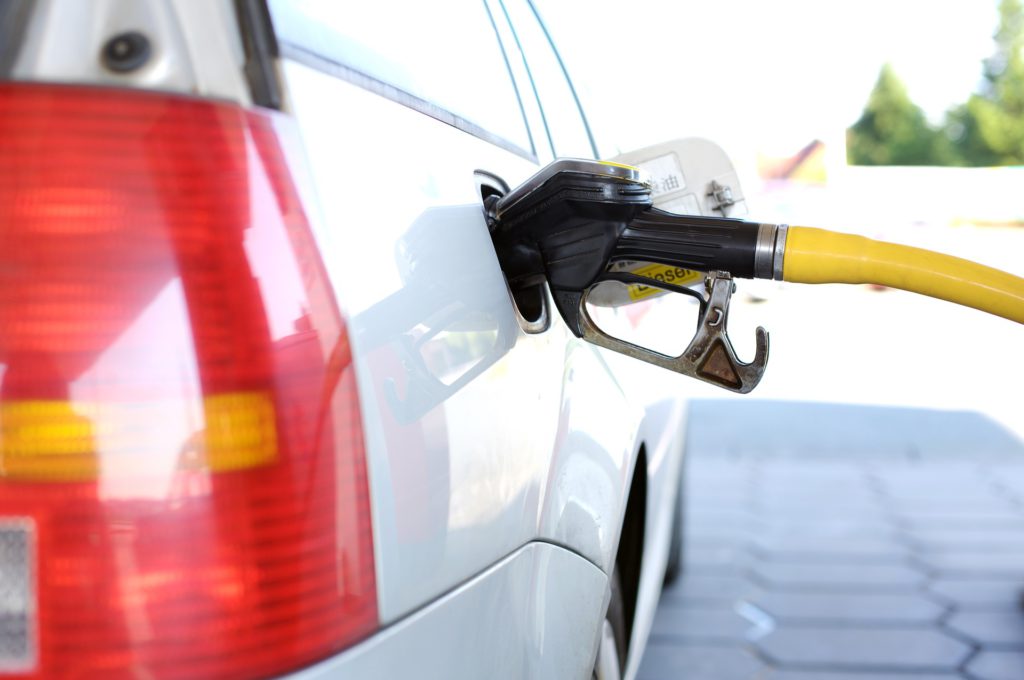Diesel as polluting as petrol says German minister as industry warns against combustion engine ban
21 September 2017

21 September 2017
Reports in Germany cite the county’s Transport Minister as saying new diesel vehicles do not produce less CO2 than petrol powered cars.
Two years on from the Dieselgate scandal, the German automotive industry is still reeling, with the issue now becoming a political matter in the run up to the country’s national elections. Leading brands are lagging behind the development curve in electric vehicle (EV) technology, while key board members have been defending the fuel, stating that they need it in their fleet offering to meet strict EU standards.
However, a recent report by Transport & Environment stated that over the entire lifecycle of a vehicle, diesel was more polluting in CO2 emissions than petrol, while emails sent from the German vehicle authority KBA in 2008 suggested that the fuel was dirtier than petrol at that time. Despite this, up until 2015, governments around the world were urging the uptake of diesel, in order to help protect the environment. Now, The Funke group of newspapers cited an answer from the Transport Ministry to an inquiry from the opposition Green party as saying diesel cars registered in 2016 emitted 128 grams of CO2 per kilometre on average compared with 129 g/km from new petrol cars.
The emissions difference has been similar for ten years but the amount of CO2 has fallen, it said, adding that one reason the carbon dioxide values were almost identical was because diesel cars were heavier and had higher power.
The admission has already been seized upon by the Greens. Stephan Kuehn, transport expert for the party, comments: ′It’s a myth that diesel helps protect the climate. Diesel engines squander the theoretical advantages they could bring for the environment by often being built into heavy, high-powered cars.’
Meanwhile, Germany’s biggest union, IG Metall, and the VDA industry association have urged politicians to help with a shift to EVs while not forcing a phasing out of the traditional combustion engine upon the country, similar to plans in the UK and France.
′Politicians have a responsibility, too. Without the right infrastructure with charging stations, sustainable power production, storage and distribution, a rollout won’t succeed,’ IG Metall chief Joerg Hofmann said in a statement.
German Chancellor Angela Merkel has been forced to get tough with the automotive industry in the country, as she seeks a fourth term in office, and has been reported to be in favour of a sales ban on the internal combustion engine similar to that announced in the UK and France. However, German Foreign Minister Sigmar Gabriel, a Social Democrat in Merkel’s conservative-led ‘grand coalition,’ stood by the industry saying Germany must avoid phasing out combustion engine cars.
′Electromobility is a big chance but it would be neglectful to write off the combustion engine now,’ said Gabriel, adding production of batteries for electric cars was important and needed state support.
′I am convinced we must not agree on an end to the combustion engine …. We must take steps to strengthen e-mobility but we must not lose sight of the potential of the combustion engine in the process,’ he said.
German carmakers are currently finalising plans to recall 5.3 million vehicles for software updates in order to improve their emission profiles, while a scrappage scheme is also in place to remove the most polluting vehicles from the country’s roads.